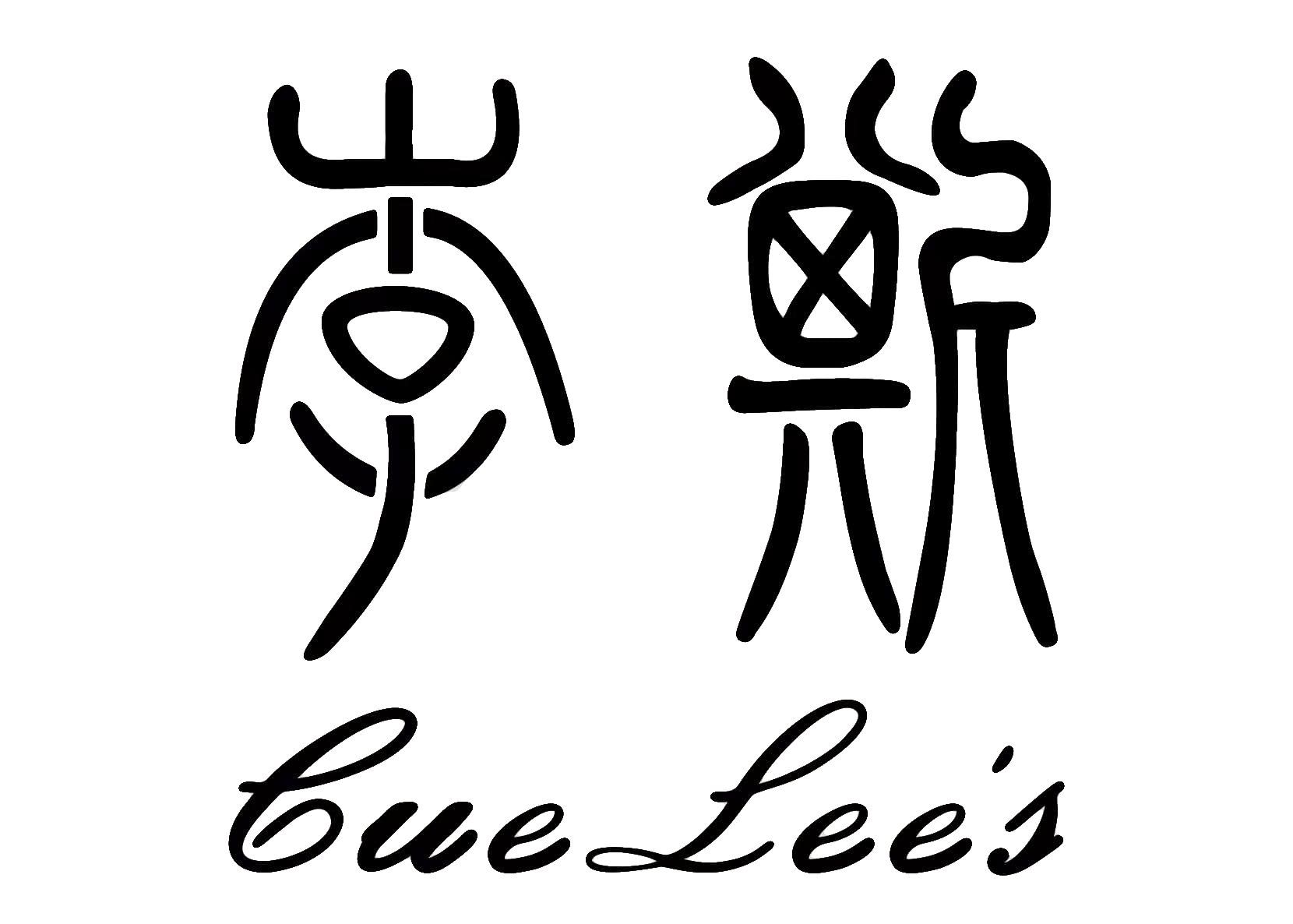Choosing the right cue case is essential for protecting your billiard equipment and ensuring it remains in top condition for years to come. The main decision players face is between soft and hard cue cases, each offering distinct advantages depending on your playing habits, transportation needs, and budget. Understanding these differences helps you make an informed choice that balances protection, convenience, and value for your specific situation.
Whether you’re a casual player or serious competitor, the right case makes a significant difference in maintaining your equipment. Explore Biljardi 247’s complete selection of billiard cases to find the perfect protection for your valuable cues.
What are the main differences between soft and hard cue cases?
Soft and hard cue cases differ primarily in their construction materials, level of protection, weight, storage capacity, and price points. Soft cases typically feature nylon, polyester, or leather-like materials with light padding, while hard cases are constructed from rigid materials like aluminum, wood, or hard plastic with substantial interior cushioning.
Protection levels represent the most significant distinction. Soft cases offer basic protection against dust, scratches, and minor bumps, making them suitable for local travel. Hard cases provide superior protection against significant impacts, crushing, and environmental factors, making them ideal for serious players who transport equipment frequently.
Weight and portability also differ considerably. Soft cases typically weigh between 0.5-1.5 kg, offering excellent portability with shoulder straps or handles. Hard cases are substantially heavier (2-4 kg) but often include wheels for easier transportation. Price points reflect these differences, with soft cases generally ranging from €30-100 and hard cases commanding €100-300+ depending on quality and features.
| Feature | Soft Cases | Hard Cases |
|---|---|---|
| Construction | Nylon, polyester, vinyl | Aluminum, wood, hard plastic |
| Protection | Basic (dust, scratches, minor bumps) | Superior (impacts, crushing, weather) |
| Weight | Lightweight (0.5-1.5 kg) | Heavier (2-4 kg) |
| Price Range | €30-100 | €100-300+ |
When should you choose a soft cue case?
Soft cue cases are ideal for casual and recreational players who primarily play at local venues and don’t need to transport their equipment long distances. If you typically play at the same location or nearby establishments, a soft case provides adequate protection while maximizing convenience and portability.
Budget-conscious players benefit from soft cases’ affordability without sacrificing essential protection. These cases offer excellent value for players who don’t require the robust protection of hard cases but still want to keep their equipment safe from basic hazards like dust, light moisture, and minor bumps.
Players who value lightweight convenience find soft cases particularly appealing. The reduced weight makes them comfortable to carry over the shoulder during short commutes or when using public transportation. Many soft cases feature convenient exterior pockets for storing chalk, tips, and other small accessories, making them practical for regular use. For players looking for quality soft cases, Biljardi 247 offers a range of options to suit different needs and preferences.
What makes hard cue cases worth the investment?
Hard cue cases provide superior protection that justifies their higher price for serious and professional players. They shield equipment from significant impacts, crushing forces, and environmental factors like moisture and temperature fluctuations that can damage expensive cues. This level of protection becomes essential when transporting valuable equipment to tournaments or between venues regularly.
Professional presentation represents another significant advantage of hard cases. They project a serious image and often include features like combination locks to secure valuable equipment. Many tournament players consider hard cases an essential part of their professional setup, especially when traveling with multiple high-end cues.
The longevity of hard cases often makes them more economical in the long run. While the initial investment is higher, a quality hard case can last for decades with proper care, protecting thousands of euros worth of equipment throughout its lifetime. Many hard cases also offer superior organization with dedicated compartments for multiple cues, extensions, and accessories, keeping everything secure and readily accessible.
How do you properly maintain different types of cue cases?
Maintaining soft cue cases involves regular cleaning with mild soap and water, avoiding harsh chemicals that might damage the fabric. Allow the case to air dry completely before storing equipment inside to prevent moisture damage. Inspect seams and zippers regularly, applying lubricant to zippers if they begin sticking.
Hard case maintenance requires different approaches depending on the material. Aluminum cases benefit from occasional polishing with appropriate metal cleaners, while wooden cases may need furniture polish to maintain their appearance. For all hard cases, inspect and lubricate hinges, locks, and other hardware regularly to ensure smooth operation.
Interior maintenance is crucial for both types of cases. Vacuum the interior periodically to remove chalk dust and debris that can accumulate and potentially scratch your equipment. For cases with removable lining, follow manufacturer instructions for cleaning. Proper storage between uses also extends case life—keep both types in climate-controlled environments away from extreme temperatures and humidity.
What features should you look for when selecting a cue case?
Interior padding quality should be your primary consideration when selecting any cue case. Look for thick, high-density foam that holds cues firmly in place without putting pressure on delicate points. The padding should completely surround the equipment to absorb impacts from any direction.
Compartment design significantly affects functionality. Ensure the case has appropriate divisions for the number of cues you typically carry. For soft cases, reinforced tubes help maintain structure, while hard cases should have secure individual compartments that prevent equipment from contacting each other during transport.
Exterior durability matters regardless of case type. For soft cases, look for water-resistant materials with reinforced stitching at stress points. Hard cases should feature strong latches, sturdy handles, and quality hinges that won’t fail under regular use. Comfort features like padded shoulder straps on soft cases or smooth-rolling wheels on hard cases make transportation significantly easier, especially for players who regularly travel with their equipment.
Investing in the right cue case protects your valuable billiard equipment and enhances your playing experience. Whether you choose a lightweight soft case for convenience or a robust hard case for maximum protection, selecting quality matters. Browse Biljardi 247’s selection of premium cue cases to find the perfect match for your playing style and equipment needs.















